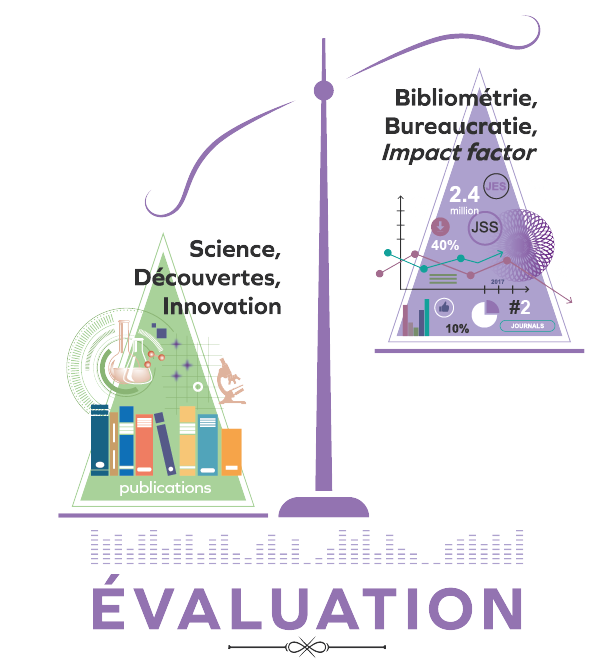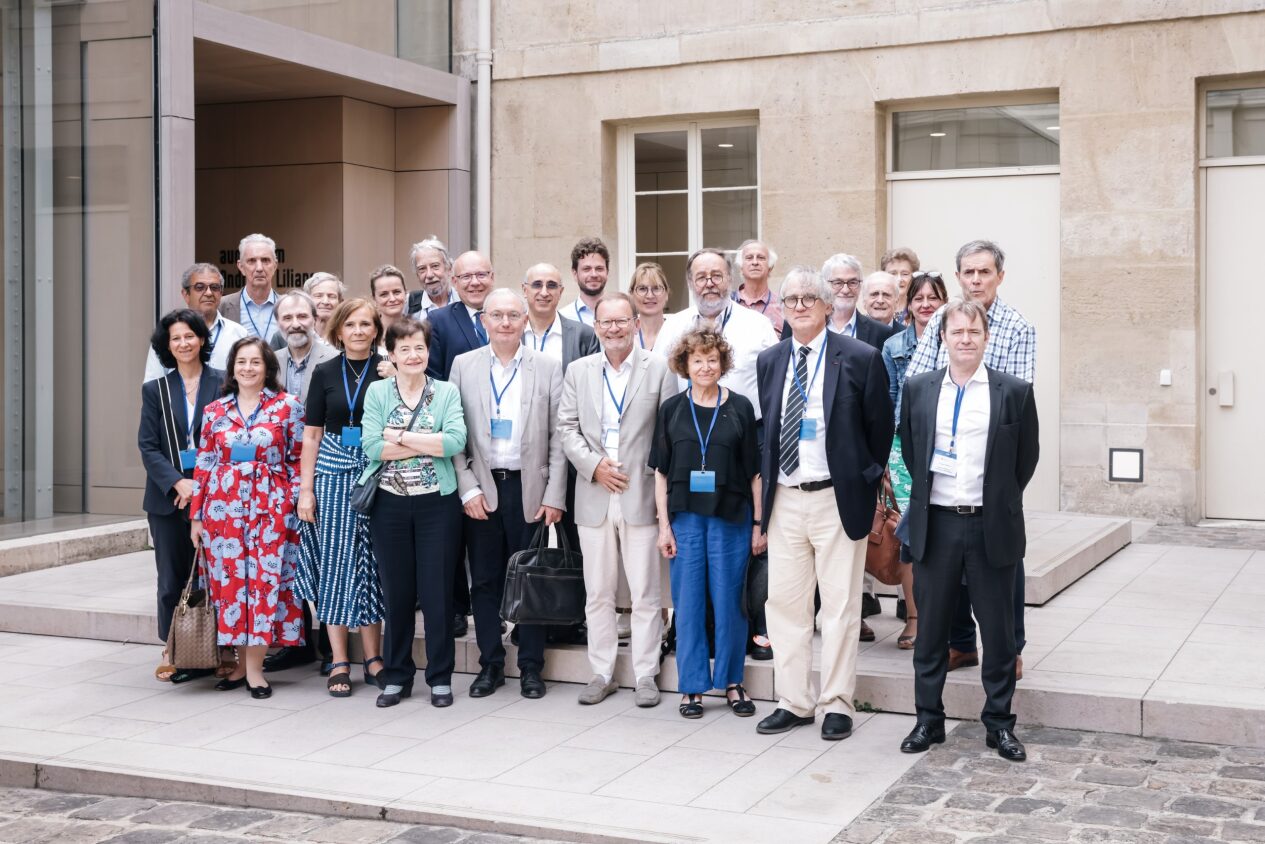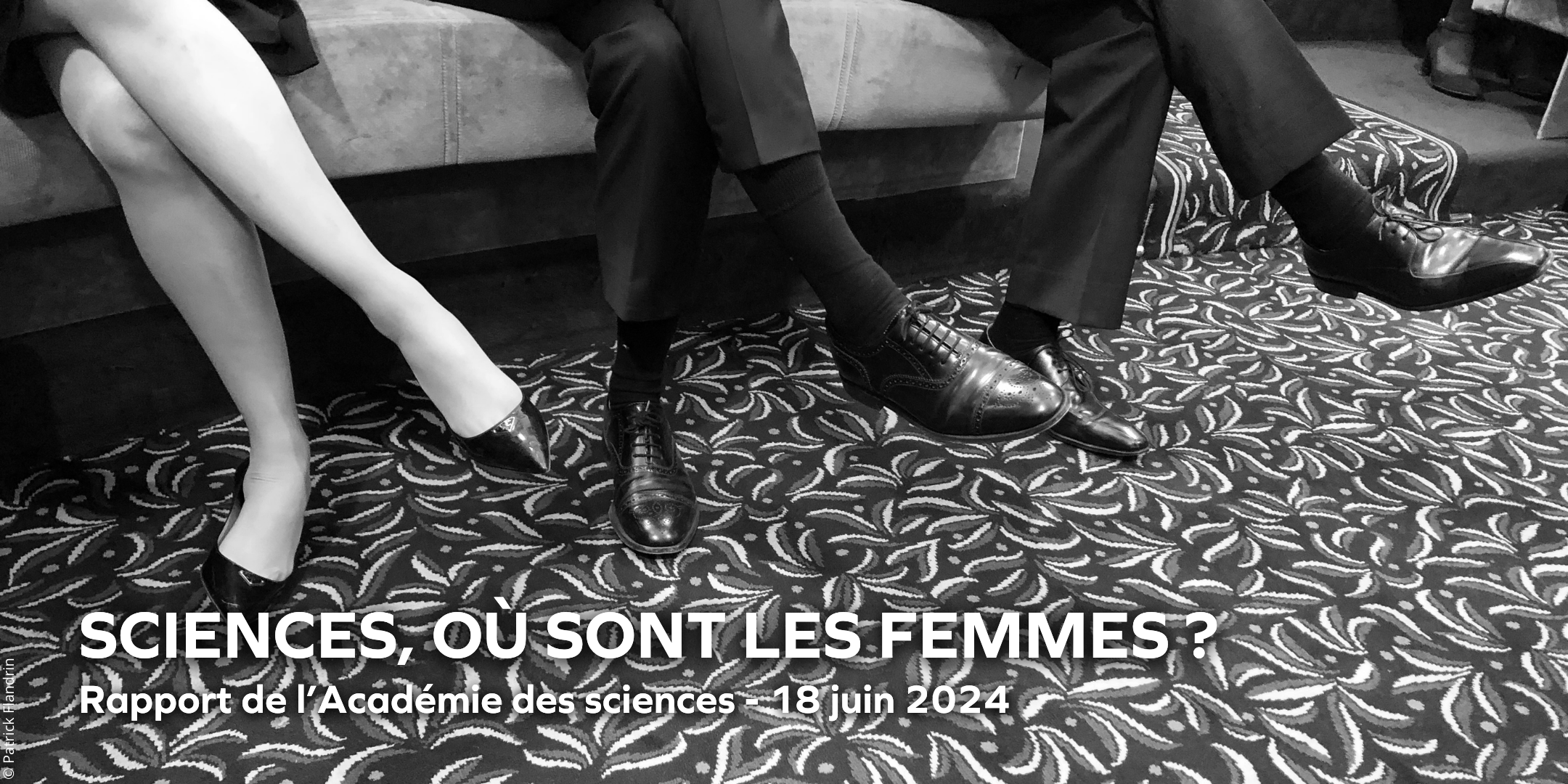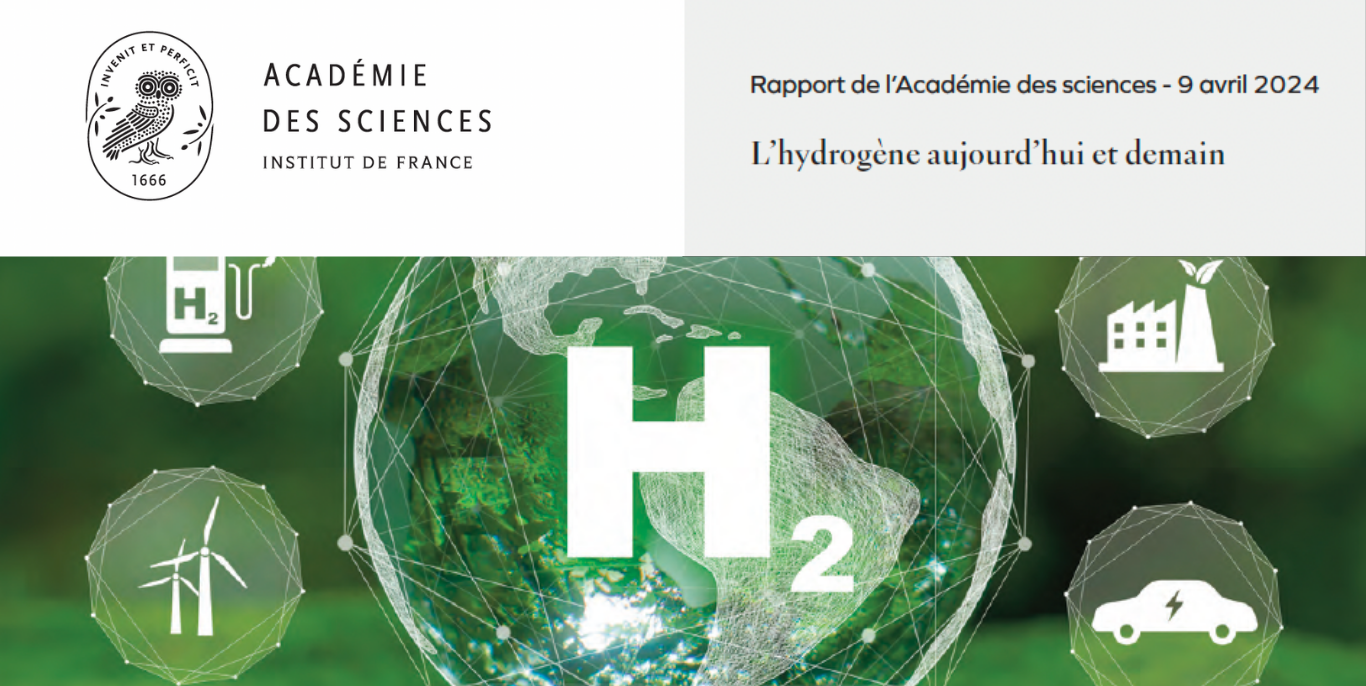Our mission
The French Academy of sciences encourages, supports and protects the spirit of scientific research. It contributes to the progress of science and its applications, to the dissemination of science in France and abroad, and leads reflection on current and future political, ethical and societal issues.
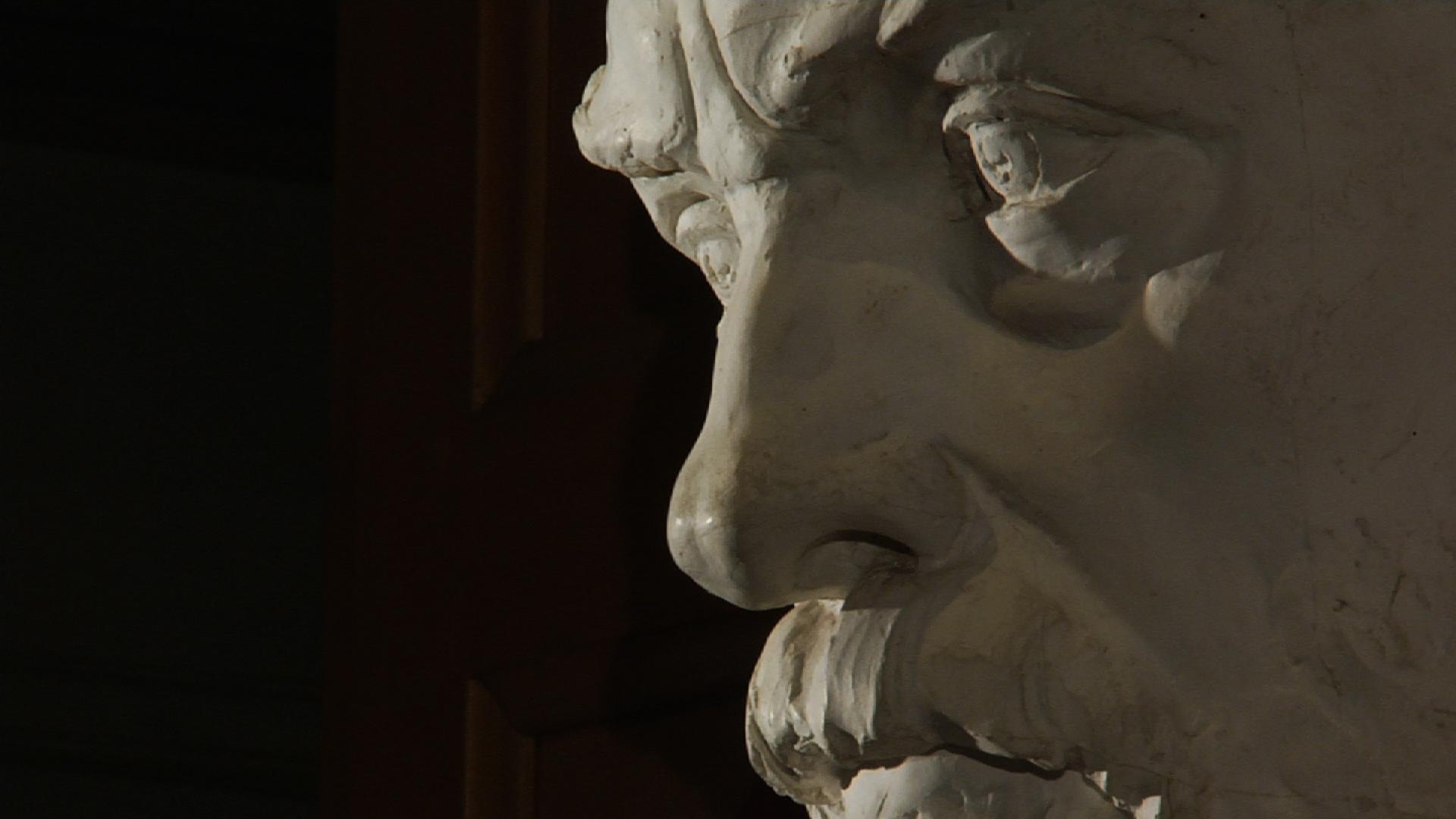
Our publications
Among all our Comptes Rendus, find "Vie des sciences", the account that retraces the life of the Academy of Sciences and our scientists.
Reports
"Vie des sciences"
Thematic Committees
Our committees are forums for reflection and proposals dedicated to tackling cutting-edge, topical scientific issues.
They contribute to the formulation of informed and strategic reports and opinions.
Other online platforms
Further information

